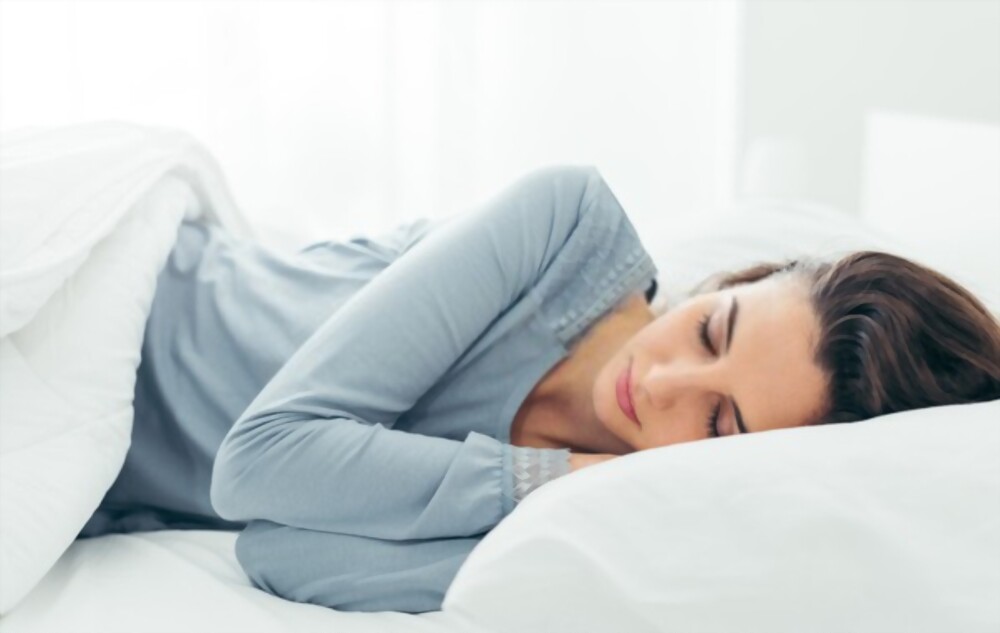Never underestimate the power of a good night’s sleep. Everybody deserves a good night’s sleep-not just asleep, but eight hours of sleep. Sleeping enough allows your body and brain to rest. With enough rest, your brain gets rid of toxic waste and can process new information once you wake up.
More so, many biological processes happen when we are asleep. The body repairs damaged cells and rejuvenates other new and strong ones. All the used-up energy is also replaced. With enough sleep, your immune system remains strong, allowing you to fight illnesses effectively.
To make sure you sleep better at night, we have come up with tips and strategies that have proven effective. But before that, let’s first highlight some reasons why sleep is crucial.
- Sleep strengthens your heart.
- Sleeping improves memory.
- Better sleep is equivalent to better and stable moods.
- Sleeping increases productivity.
- Good sleep can help you manage your weight.
Ways to Help You Sleep Better at Night.
-
Create A Schedule and Follow It to The Letter.
When coming up with a sleep schedule, the goal is to make sure you stick to it. Wake up and sleep at the exact times every day-no exclusion for the weekends. With time your brain and body adapt to this cycle. Having a consistent process of sleep allows you to sleep and wake up every day.
Once your body adapts to the scheduled sleeping and waking hours, the chances of daytime sleepiness reduce. You’re able to be fully productive during the day and are sure to sleep tight when bedtime comes. One primary consideration to make as you create a schedule: each night, be sure to get seven to eight hours of sleep.
-
Exercise in The Evening.
Thirty minutes of exercise per day will help you get better sleep and improve your overall health. Make an effort to exercise outside, where you’re exposed to sunlight. Exposure to natural light from the sun helps a great deal in regulating the sleep cycle.
Exercise increases the levels of slow-wave sleep you get. Slow-wave sleep can be defined as the state of deep sleep where the body and brain rejuvenate. Exercise also decompresses the mind-a a cognitive process that helps in transitioning to sleep.
Even as you exercise, the timing matters a lot. During exercise, the body produces chemicals known as endorphins which are known to keep some people alert. To avoid staying awake when you’re supposed to be asleep, exercise some four to five hours before bedtime.
-
Try Amnesia Haze.
Right now, we have very many choices of cannabis strains available in the market. This fact alone makes it challenging to decide on which strain to use for better sleep. You might end up vaping a particular cannabis strain assuming it will induce sleep, only to realize it’s meant to keep you active all night.
According to Zamnesia, Amnesia Haze is by far the best cannabis strain to help you sleep better. This Sativa-dominant hybrid tranquilizes your nervous system, slows down your mind, and eases you into one calming and relaxing night sleep. To get the best product and at affordable prices, be sure to check out Zamnesia’s crazy offers.
-
Avoid Caffeine Close to Bedtime.
Caffeine is a stimulant that escalates alertness in anyone who drinks it. The stimulation interferes with a chemical in the brain that controls the sleep-wake cycle. The effects of caffeine persist for three to seven hours after consumption. So that afternoon cup of coffee might probably keep you alert till evening.
Caffeine is meant for morning hours to keep you active as you do your work or study. However, people have different levels of caffeine tolerance. Some people can comfortably drink it even in the late evenings and still get that good night’s sleep, while others need to cut themselves much earlier. Either way, try and keep your caffeine consumption low.
-
Turn Off All Electronics.
Most electronics, especially cell phones, emit a blue light which can reduce the production of melatonin. Melatonin controls your wake and sleeps patterns. When your melatonin production goes down, it becomes harder to sleep.
All devices that produce blue light tend to keep your brain alert making it hard to sleep. Not only does looking at your phone disrupt your sleep, but also placing it near your bed as you sleep.
Your sleep is interrupted when the phone buzzes to alert you to messages and notifications. Keep your phone away and allow yourself to sleep.
Conclusion.
Poor sleep quality can be frustrating. That’s why we have come up with ways that will help you sleep better. The tips above will help you a long way.
There are many other tips and strategies you can consider. Do your homework and research in different ways. If you still get a hard time sleeping, follow up with your healthcare provider, who can prescribe some medication to help you sleep.
